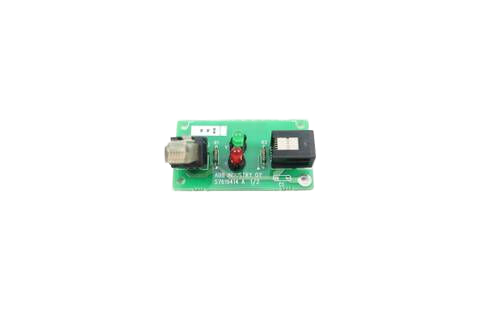
Understanding the DEIF PPU-3: A Key Component in Industrial Automation
Introduction
At pgc5000, we pride ourselves on being a leading platform for industrial automation components. One of the critical components that have been gaining traction in various applications is the DEIF PPU-3. This device plays a significant role in enhancing electrical engineering practices within the industrial automation sector and renewable energy applications.
Importance of Electrical Engineering
Electrical engineering is the backbone of modern industrial automation, enabling the design, development, and maintenance of electrical systems. The DEIF PPU-3 exemplifies how intricate electrical components are essential for efficient operation, reliability, and safety in industrial environments. This intelligent power management unit is tailored to provide superior monitoring and control of electrical systems, ensuring that they operate at optimal performance levels.
Technical Specifications of DEIF PPU-3
The DEIF PPU-3 adheres to the IEC 60947-2 standards, which are crucial for electrical equipment in industrial environments. Here are some of the notable technical specifications of the DEIF PPU-3:
- Voltage Rating: The PPU-3 supports a wide range of voltage inputs, making it versatile for various applications.
- Current Measurement: It can measure current accurately up to a specified limit, ensuring precise monitoring of power usage.
- Communication Protocols: The device supports various communication protocols such as Modbus, CAN, and Ethernet, facilitating seamless integration with other automation systems.
- Protection Features: The PPU-3 includes advanced protection mechanisms such as overcurrent and short-circuit protection, ensuring the safety of both the device and the connected equipment.
- Temperature Range: Designed to operate in harsh industrial environments, it can function within a broad temperature range, ensuring reliability under various conditions.
Applications in Industrial Automation
The DEIF PPU-3 is widely used in various applications within the field of industrial automation. Its ability to monitor and control electrical systems makes it an ideal choice for:
- Power Distribution: The PPU-3 can effectively manage power distribution across facilities, ensuring that energy is used efficiently and effectively.
- Renewable Energy Systems: In conjunction with solar panels and wind turbines, the DEIF PPU-3 helps optimize energy production and distribution, contributing to a more sustainable future.
- Marine and Offshore Operations: The device is suitable for marine applications, providing reliable power management in challenging environments.
- Industrial Processes: It can be integrated into manufacturing and production lines, enhancing automation and reducing operational costs.
Conclusion
In conclusion, the DEIF PPU-3 is not just an essential component for electrical engineering; it is a pivotal device that enhances the efficiency and safety of industrial automation systems. Its compliance with IEC 60947-2 standards, coupled with its versatility in applications ranging from power distribution to renewable energy, makes it a valuable asset for industries looking to optimize their operations.
For more information about the DEIF PPU-3 and other automation components, visit pgc5000.com. Additionally, you can explore resources from authoritative organizations like the International Electrotechnical Commission (IEC) to deepen your understanding of electrical standards and practices.

Leave a comment
Your email address will not be published. Required fields are marked *